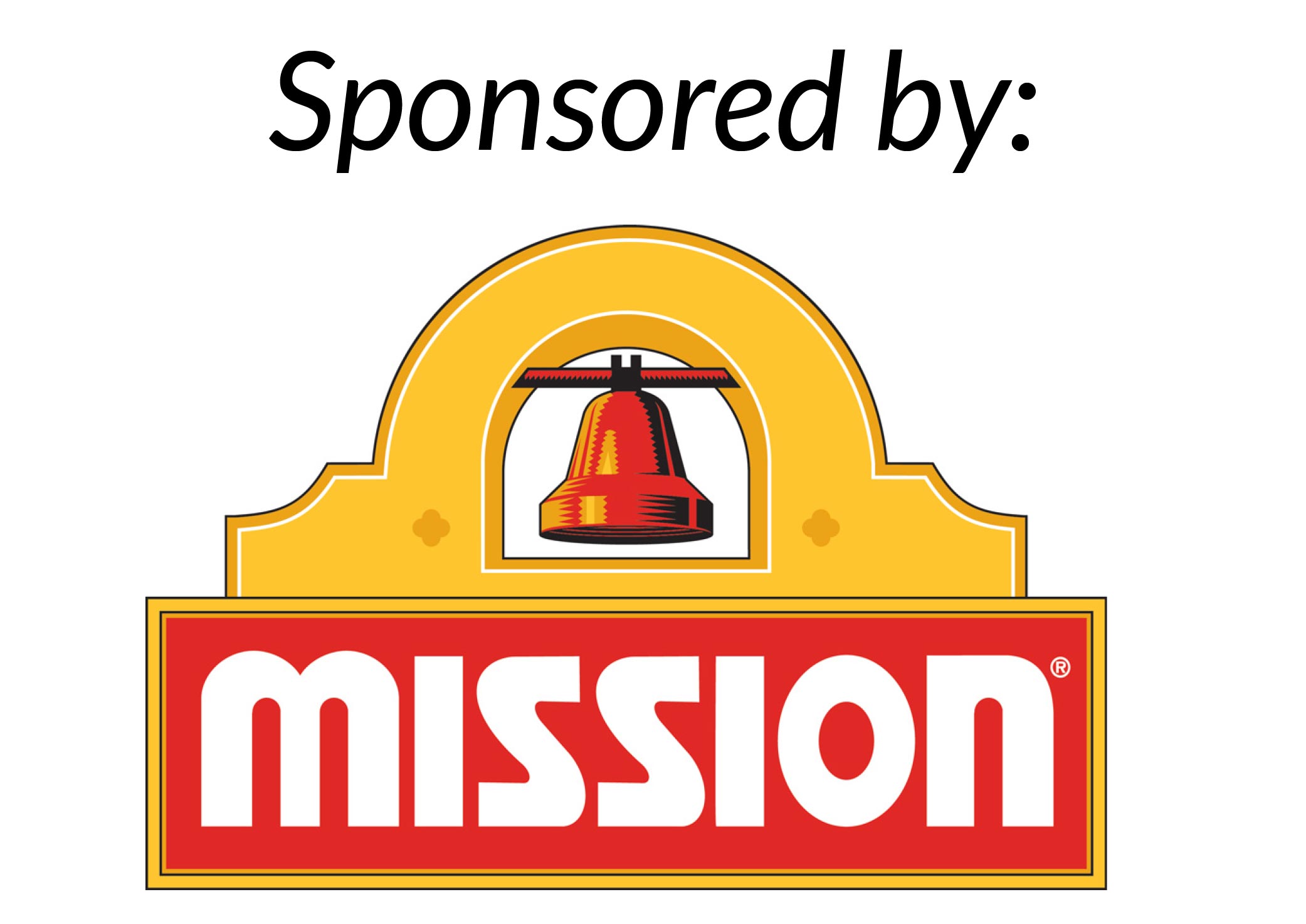Health Benefits of the Ketogenic Diet
What started out as an effective treatment for epilepsy in the 1920s has become one of the more popular weight loss plans of today. Keep reading to find out how going “keto” —the high-fat, low-carb ketogenic diet—offers more than just a trendy dietary regimen for shedding pounds.
In a nutshell, the ketogenic diet—low carbohydrate and high fat—revolves around the production of ketones.
So what are ketones? When available carbohydrates (or glucose in the broken-down form) drop below a certain level, the liver basically ignores the glucose and begins converting fat—both dietary fat and fat stored in the body—into an alternative energy source called ketones. When the body switches to using fat for fuel, it’s said to be in the state of ketosis.
Thus, the first benefit of a ketogenic diet is the most obvious: When a body converts fat reserves to fuel, there’s a high probability of losing weight. But the benefits of lower glucose levels go way beyond the shedding of pounds.
Benefits Beyond the Burn
High blood glucose levels have been linked to all sorts of health problems. It stands to reason that reducing glucose levels (by minimizing carbohydrate intake and following a ketogenic diet) is a step toward reducing the risk of many serious health issues.
And the science backs it up. Here are a few examples:
EPILEPSY: As mentioned earlier, for nearly a century, the ketogenic diet has been a successful treatment for reducing seizures in epileptic patients. How? Studies show that the diet alters genes involved in energy metabolism to the brain, which in turn helps stabilize neurons in the brain to better withstand epileptic seizures.
DIABETES: The ketogenic diet is also having a positive impact on patients with type 2 diabetes. Clinical trials being conducted at the University of California San Francisco show promising results for reducing the need for medications to control blood glucose levels when a keto diet is introduced to type 2 diabetics.
HEART DISEASE:
Recent studies linking a low-carb diet to an increase in HDL (the “good” cholesterol) suggest that reducing carbohydrate intake is better than a low-fat diet for decreasing the risk of heart disease.
CANCER:
Cancer cells are glucose lovers, using the substance—derived mainly from sugar, a simple carbohydrate—as the energy source they need to fuel their uncontrolled and rapid growth.
But remember our new friends the ketones? As it turns out, cancer cells don’t seem to like them. Research using a ketogenic dietary approach as therapy for cancer patients suggests that cancer cells are not able to metabolize ketones the way normal, healthy cells can. By removing their primary source of energy (glucose), cancer cells seem unable to thrive.
The road to ketosis may be paved with the sweetened tears of sugar-lovers, both young and old. But as scientists continue to unravel the secrets of ketosis, we’d be wise to consider consuming less sugar.
The high-fat, low-carb keto diet is a great place to start.
Low-starch veggies: asparagus, broccoli, celery, kale and other green, leafy veggies, Sweeteners: Stevia (organic drops preferred), monk fruit, erythritol
Small amounts of certain fruits: A handful of berries or a few sections of grapefruit, Cheese, Avocados, Nuts and seeds, Butter and cream, Plain Greek yogurt and cottage cheese
Proteins: Grass-fed beef, lamb, poultry, eggs (preferably pastured and organic); fish and shellfish, Healthy fats and oils: Coconut oil, grass-fed butter or ghee, extra virgin olive oil, cocoa butter
Grains: pasta, breads, cereals, cookies, cakes, beans, Most fruits: starchy vegetables: potatoes, carrots, corn, most squashes, Sugar: many condiments contain hidden sugar (ketchup, salsas, teriyaki sauce, pickles) Alcohol, Unhealthy oils high in omega-6s: canola, corn, safflower












Share this Post